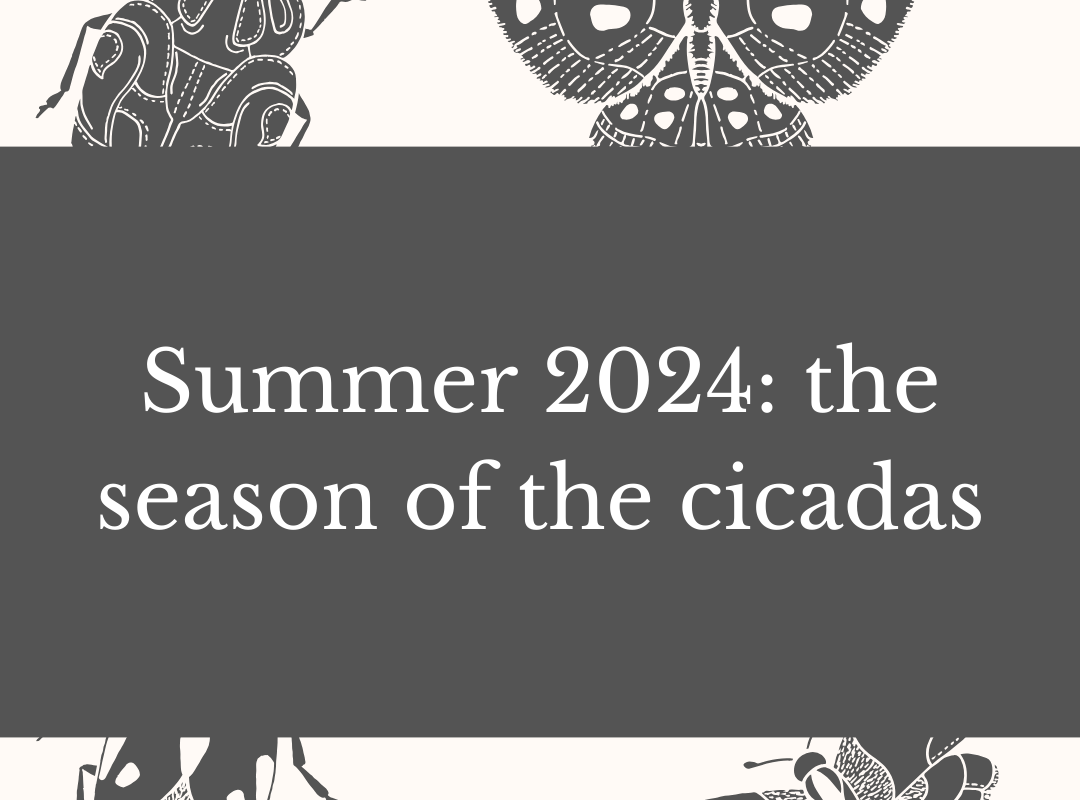For the first time in 221 years, parts of the United States will soon experience what many scientists are calling an insect apocalypse. In a rare overlay of broods, somewhere between hundreds of billions and one trillion cicadas are set to emerge simultaneously.
The two broods set to take over the American midwest have been identified as Broods XIX and XIII. They are two of 15 native cicada broods in the United States, including three 13-year broods and 12 broods that leave their soil home every 17 years.
Not every state in the midwest will experience the double-trouble effect, in fact the two broods will predominantly affect portions of Illinois and Indiana. Many of the surrounding states will experience some of the overlap as well.
Fortunately for the Buckeye State, Ohio is not in the path of the cicadas this year. However, Ohioans wishing to experience this once in a lifetime entomological experience need only travel a few hours to northwestern Indiana.
The next brood to take over Ohio is Brood XIV. The cicadas are expected to arrive in the late spring of 2025 and encompass the central and southern portions of the state.
While the cicadas may prove to be a nuisance for those living in the affected areas, they will only stick around for five to six weeks before heading back underground. Additionally, cicadas don’t bite or sting, so they’re harmless to people.
As annoyed as many will find themselves to be, it is important to remember the environmental impact cicadas have. In addition to providing an important source of nutrition for insectivores like birds, they provide important nutrients for the soil, and their burrows help to aerate the soil they inhabit.
While it may be tempting to spray insecticides in an effort to keep the cicadas at bay, the Environmental Protection Agency found most insecticides are ineffective.
The last time these two broods surfaced together, Ohio had just become a state and the Jefferson administration purchased the territory which came to be known as the Louisiana purchase.
These broods aren’t expected to see one another again until 2245.


